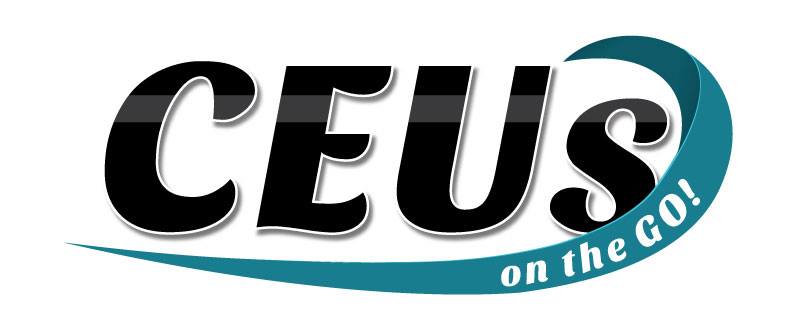CEUs: 0.1 PS/Legal
Presenter: Andrea Smith
Presented in: Written English
Format: Instructional Article
Legal interpreting can be very different than community interpreting and many long time and industry standard practices used by interpreters within community settings are not proper protocol within the courtroom. There are specialized terms, roles and ethics that are unique to the legal realm and it is very important to distinguish the differences between the two. The culture and hierarchy within a courtroom is vastly different than community and educational setting. This culture dictates expected behavior, role and function of an interpreter as well as ramifications for non-compliance or ignorance regarding these differences. In addition, case law has helped promote equality in the courtroom for Deaf people and prescribes specific roles and expectations of interpreters. This document will compare and contrast the differences between community and legal interpreters as well as discuss some important laws that have effected courtroom interpreting.
- Participants will be able to identify and describe three ways legal interpreting differs than community interpreting.
- Participants will be able to list three important case laws that impact the provision of interpreting services in the legal setting.
- Participants will be able to identify proper courtroom protocol for interpreting Deaf witness testimony.
CEUs on the GO is an Approved RID CMP Sponsor for continuing education activities. This PS program is offered for 0.1 CEUs at the “Little/None” Content Knowledge Level.
